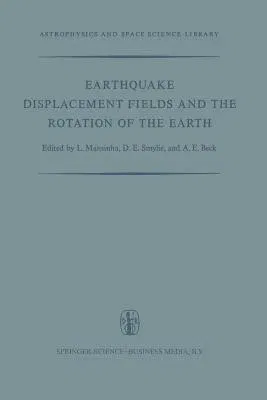Earthquake Displacement Fields and the Rotation of the Earth: A NATO Advanced Study Institute (Softcover Reprint of the Original 1st 1970)Paperback - Softcover Reprint of the Original 1st 1970, 12 August 2013

Qty
1
Turbo
Ships in 2 - 3 days
In Stock
Free Delivery
Cash on Delivery
15 Days
Free Returns
Secure Checkout
Part of Series
Astrophysics and Space Science Library
Part of Series
Astrophysics and Space Science Library (Paperback)
Print Length
310 pages
Language
English
Publisher
Springer
Date Published
12 Aug 2013
ISBN-10
9401033102
ISBN-13
9789401033107
Description
Product Details
Book Edition:
Softcover Reprint of the Original 1st 1970
Book Format:
Paperback
Country of Origin:
NL
Date Published:
12 August 2013
Dimensions:
23.39 x
15.6 x
1.75 cm
ISBN-10:
9401033102
ISBN-13:
9789401033107
Language:
English
Location:
Dordrecht
Pages:
310
Publisher:
Weight:
458.13 gm

